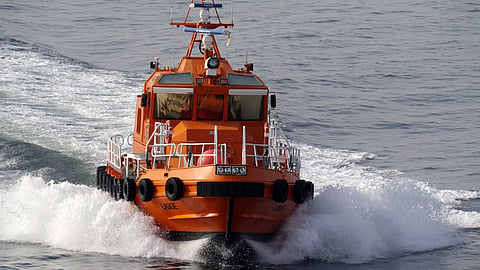Maritime pilots to conduct international study on remote pilotage with Canadian partners
The International Maritime Pilots’ Association (IMPA), which represents over 50 member countries, is partnering with the Canadian National Centre of Expertise on Maritime Pilotage (NCEMP) and the Canadian Coast Guard to rigorously explore remote pilotage to determine its feasibility, readiness, and impacts on safe navigation practices and systems.
The work aims to provide authoritative insights into the current and potential use of remote pilotage on conventional ships and those that might be navigated remotely or by software with autonomy in the future.
The International Maritime Organisation (IMO) recognises the importance of employing qualified, licensed pilots on board ships in areas where such pilotage services would contribute to the safety of navigation more effectively than other possible measures, including ports and other areas where specialised knowledge is essential.
Countries rely on the expertise and local knowledge of maritime pilots to ensure the safe and efficient movement of ships in compulsory pilotage areas where marine navigation conditions are most challenging. The IMPA said maritime pilots play a vital role in ensuring that shipping does not negatively impact coastal communities and the economic, social, and environmental interests of nations relying on maritime trade.
Given the role of maritime pilotage, the IMPA considers it critically important that any concept that could impact compulsory pilotage practices and systems, including remote pilotage, be carefully examined and assessed.
"The number and variety of people talking about remote navigation and pilotage makes it necessary for IMPA to conduct a rigorous, objective analysis to help pilots’ organisations, competent authorities, and industry make informed decisions," said Captain Simon Pelletier, President of the IMPA. "Providing authoritative, evidence-based guidance to support objective decision-making in maritime pilotage is key to ensuring the continued safety of marine navigation."
The IMPA said its project is unique because it brings together the know-how and experience of maritime pilots from over 50 countries conducting over two million acts of pilotage annually, combined with other operational, academic, and advisory expertise.
The project will study pilotage as a socio-technical system and the impact of any new protocols on risk, cost-effectiveness, and social acceptance. The project will consider the findings of previous shore-based pilotage projects and seek to validate the insights delivered by the project with trials of technology and protocols on conventionally navigated ships, principally in Canada.


